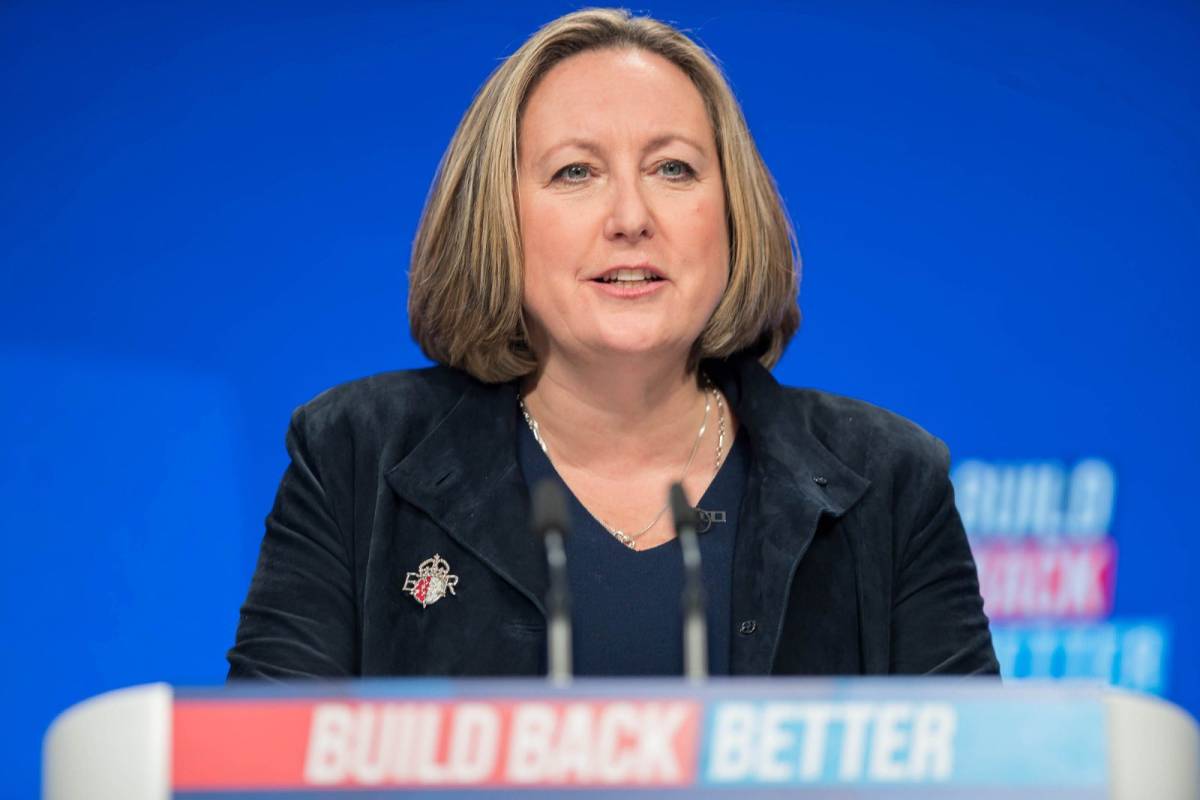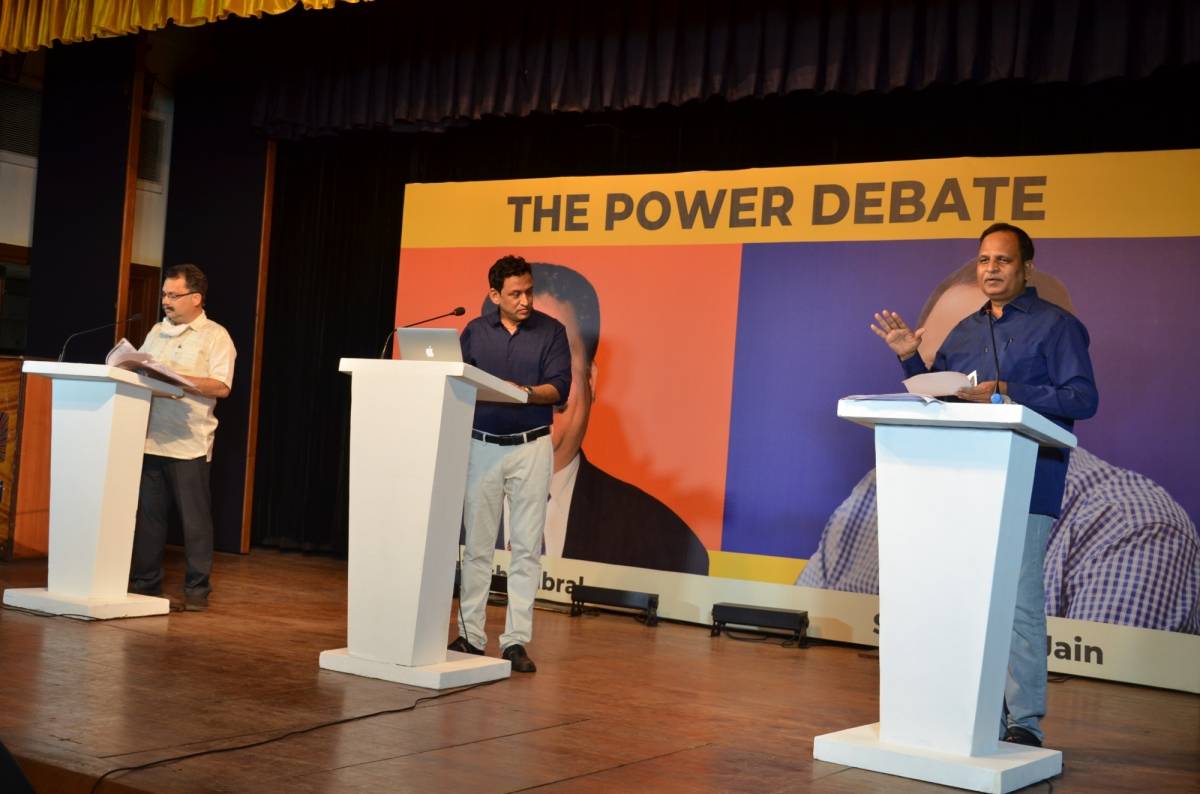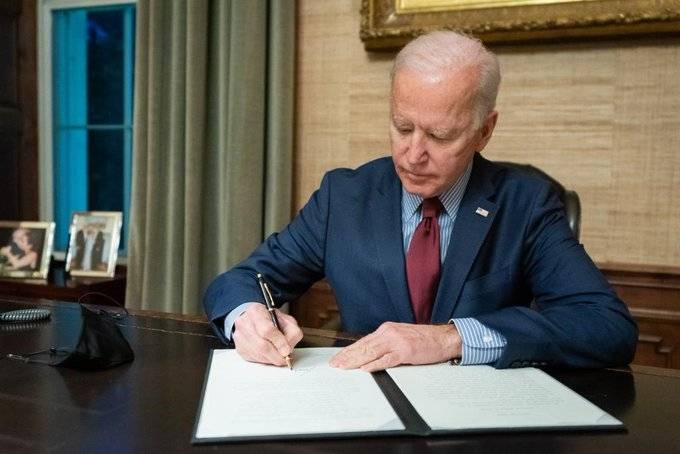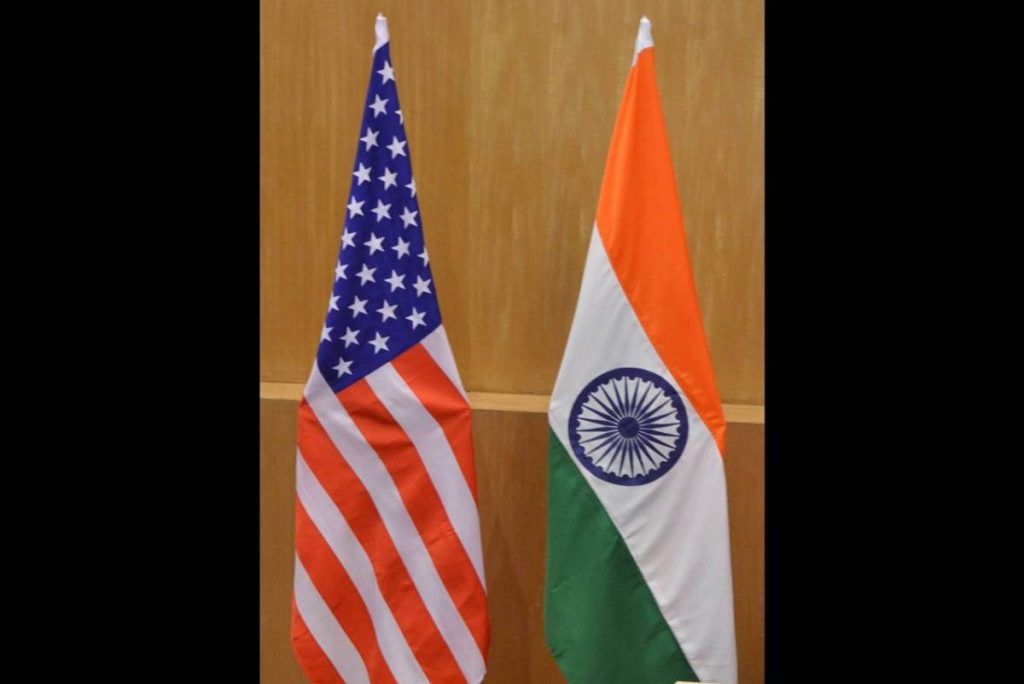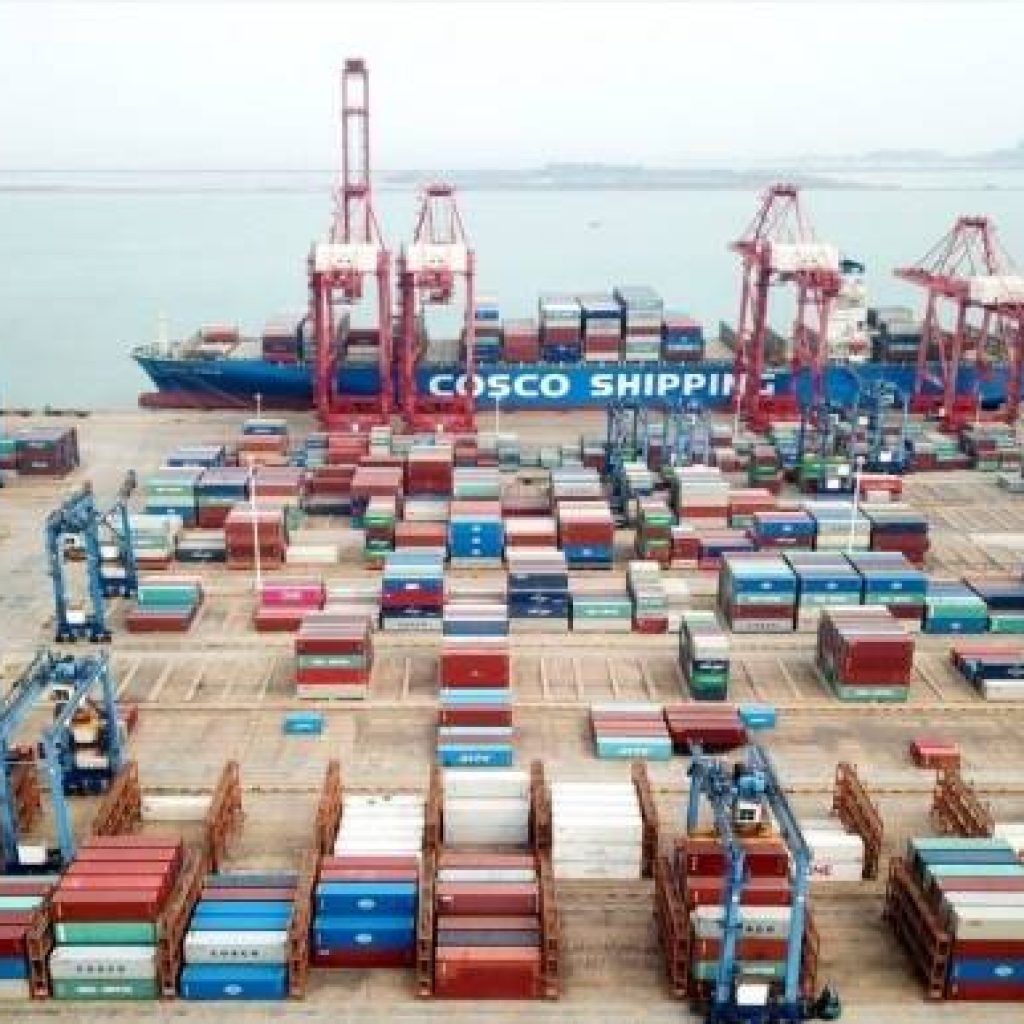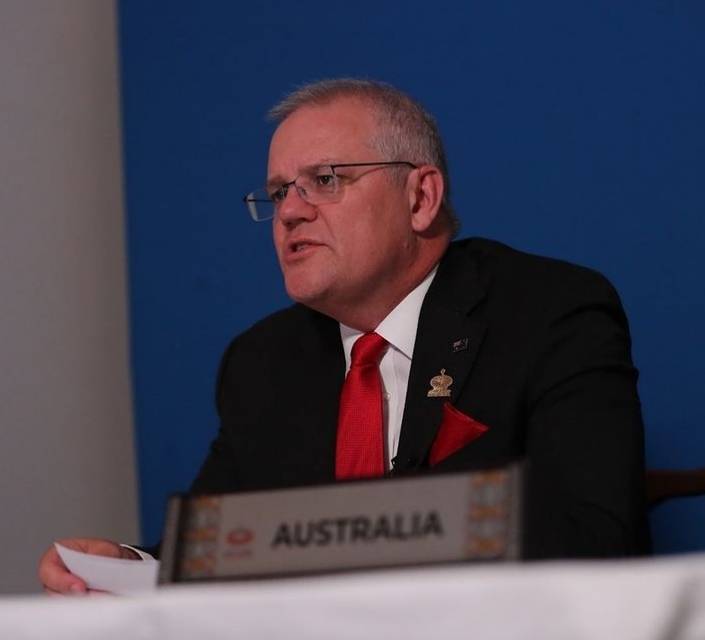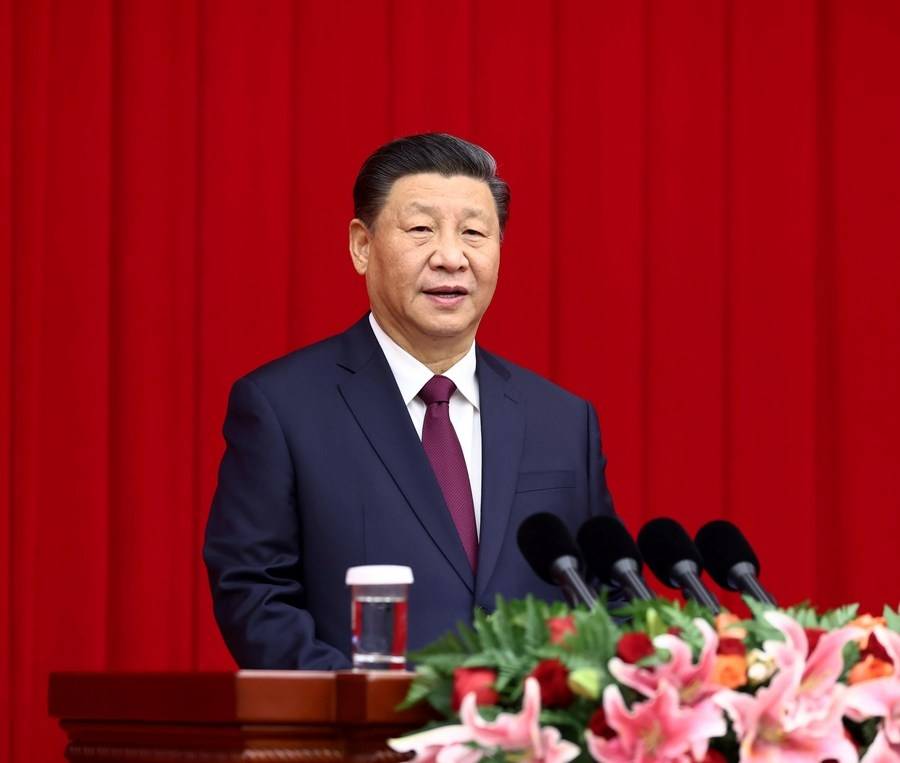No specific date or timeline was given for the talks but discussions will address “global steel and aluminum excess capacity, including the US’ application of tariffs” on the metals from Britain, reports Asian Lite News
The United States and Britain on Wednesday agreed to start talks aimed at resolving their trade dispute over US steel and aluminum tariffs, the countries said in a joint statement.
No specific date or timeline was given for the talks but discussions will address “global steel and aluminum excess capacity, including the United States’ application of tariffs” on the metals from Britain.
“Both parties are committed to working towards an expeditious outcome that ensures the viability of steel and aluminum industries in both markets,” the joint statement said.
They said the talks also will cover the UK’s 25% retaliatory tariffs on US products, which include whiskey, motorcycles, blue jeans and tobacco. Annual exports of US whiskey to Britain have fallen by more than half since 2018, according to the Distilled Spirits Council, which welcomed the announcement.
A spokesperson for Britain’s trade ministry said: “Until a deal is done we will continue to apply rebalancing measures on U.S. products, and won’t hesitate to take any action necessary to defend our vital steel and aluminium industries.”
The joint statement was issued after a virtual meeting between US Commerce Secretary Gina Raimondo and UK Secretary of State for International Trade Anne-Marie Trevelyan to discuss the tariffs. US Trade Representative Katherine Tai also signed onto the joint statement.
Britain is keen to negotiate duty-free access to American steel and aluminum markets similar to that granted by Washington to the European Union on Jan. 1 as part of a quota deal reached last October that took six months to negotiate.
The metals tariffs – 25% on steel and 10% on aluminum – were first imposed in March 2018 by former US President Donald Trump under the “Section 232” national security law to protect US producers from subsidized imports.
US steelmakers cautioned against the UK negotiations and similar talks with Japan leading to substantial additional volumes after a nearly 50% jump in imports last year.
“We think it is essential that the administration ensures that the various new agreements it is considering do not result in a flood of imports,” said American Iron and Steel Institute President Kevin Dempsey.
Philip Bell, who heads the Steel Manufacturers Association, said Britain’s steel production is “highly export oriented” and dominated by Chinese and Indian ownership.
“The US government should be concerned about any additional alternative arrangement that will lead to increased steel imports and support countries not committed to free and fair trade,” Bell said in a statement.
Raimondo and Trevelyan agreed to work to address global excess capacity in steel and aluminum production largely centered in China – a goal included in the US-EU agreement.
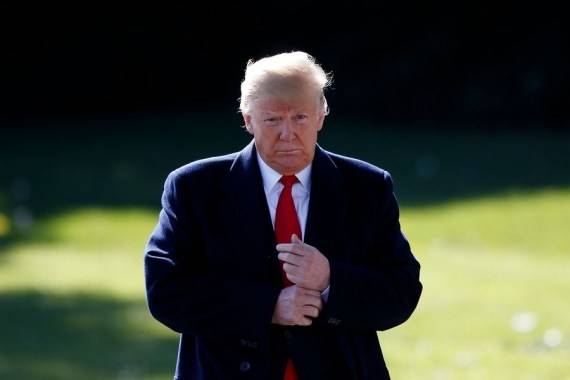
The announcement of talks coincides with a sensitive time politically for British Prime Minister Boris Johnson, whose leadership is under threat after a series of revelations about Covid lockdown breaches at his residence.
If that crisis develops into a formal leadership challenge, it could paralyze decision-making within the government for several weeks and limit ministers’ mandate to negotiate the concessions needed to reach a compromise with the United States.
ALSO READ-UK PM denies lying about lockdown party
